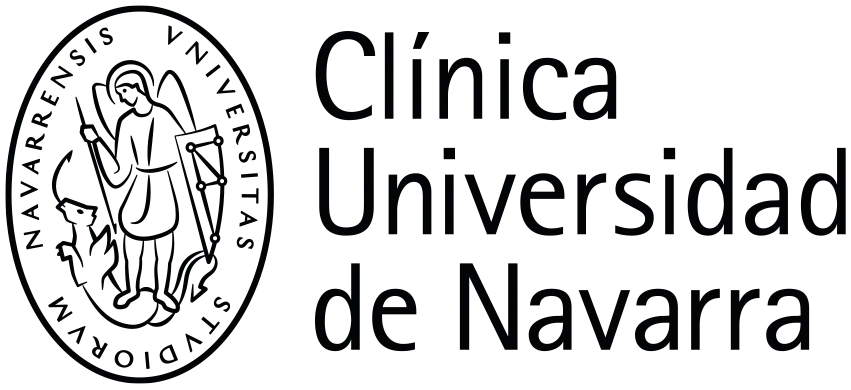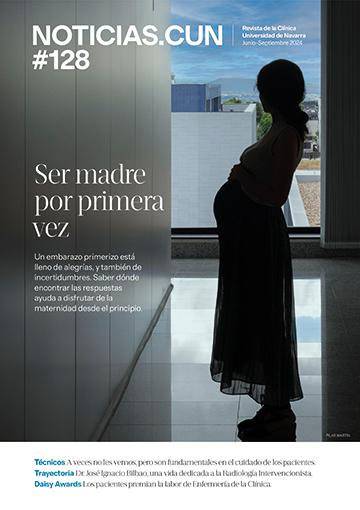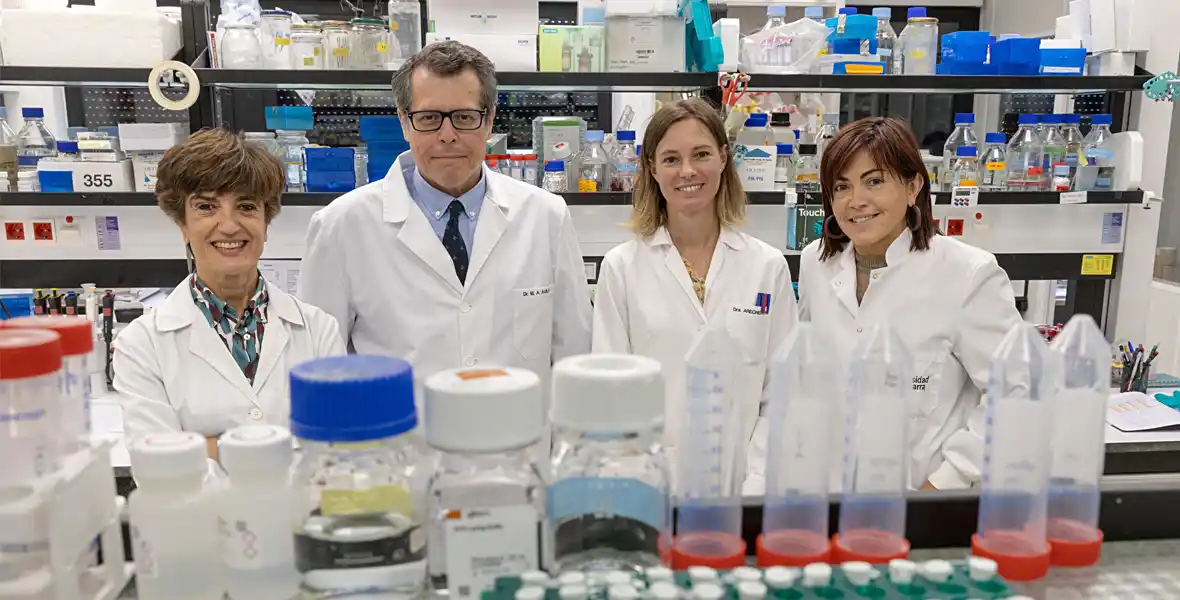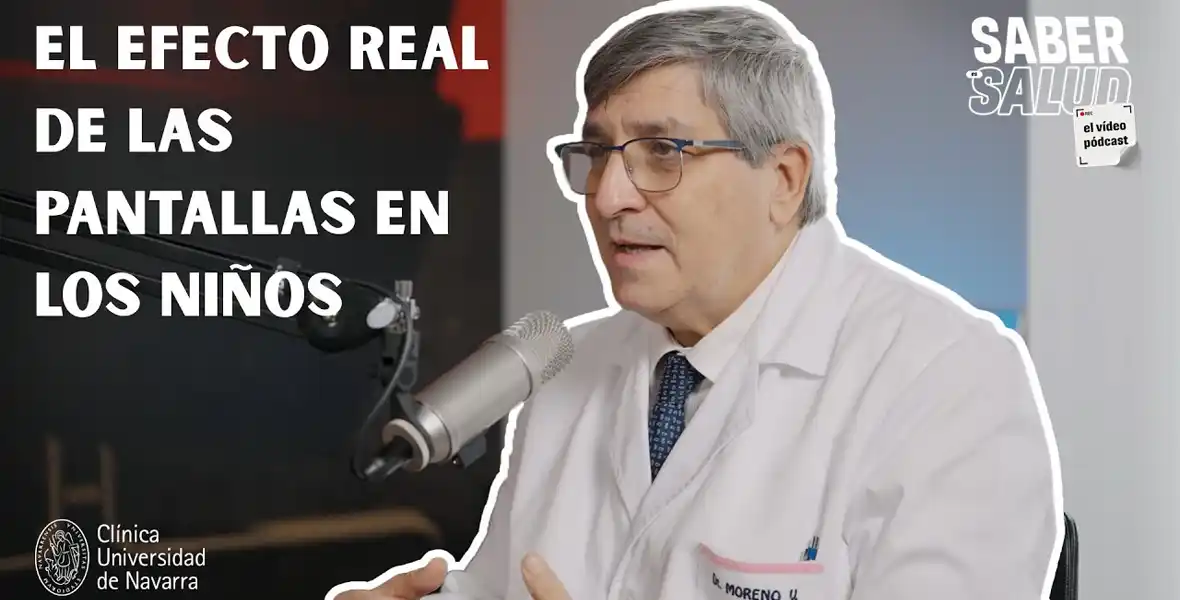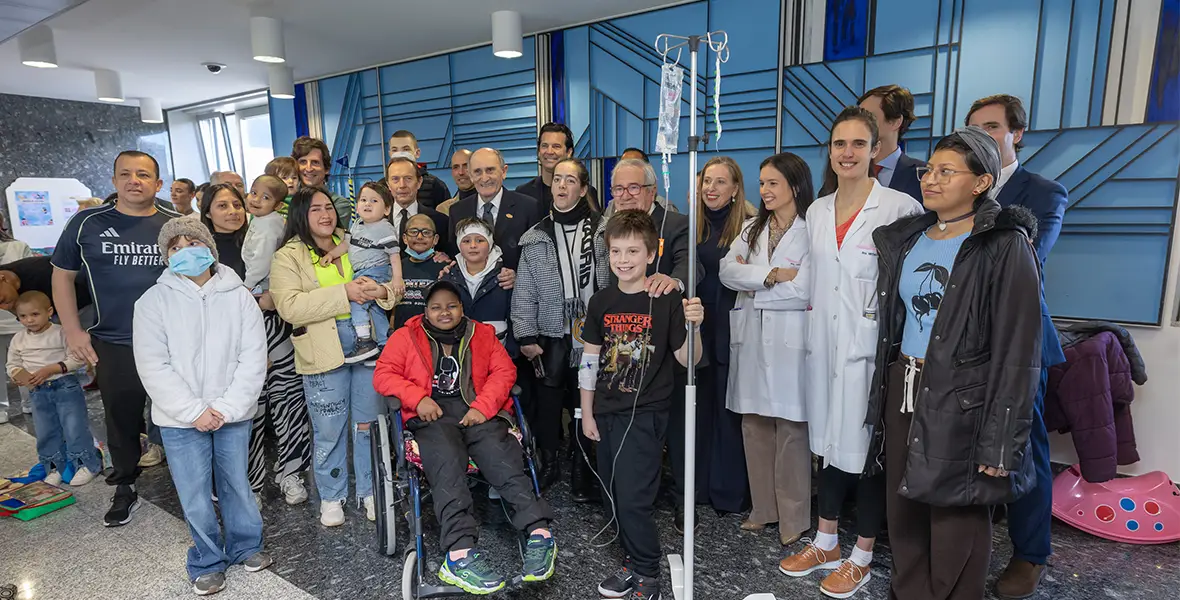A glimpse from the past: medical residencies marked by COVID-19
Time moves on and the pandemic years are increasingly behind us, but some of our medical residents still remember what it was like to go through the health crisis during their formative years
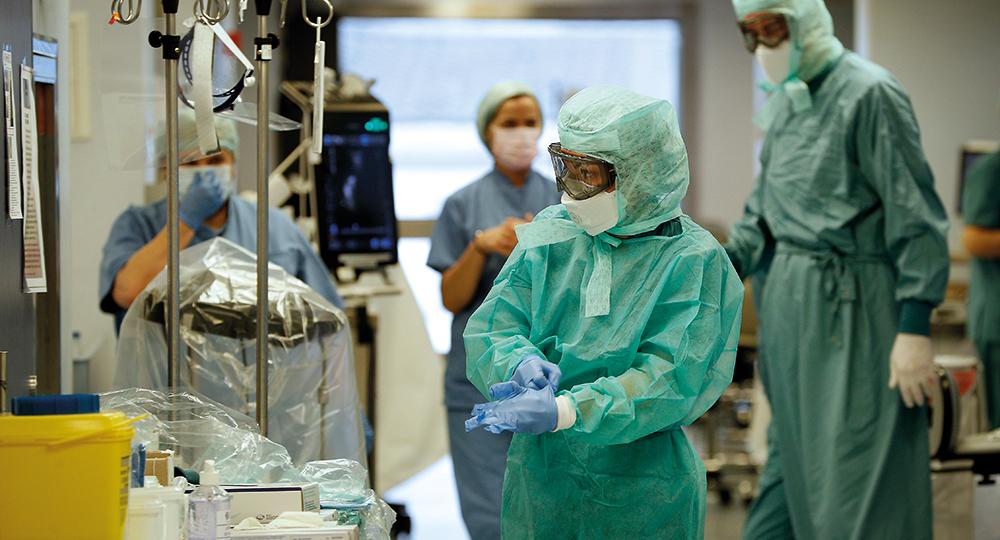
Texto: Carmen Guerrero
Fotografía: Villar López
1 de junio de 2024
Manuel Pina, a fourth year (R4) Resident Intern Pharmacist of Microbiology; Marta Luque, a R4 Medical Intern Resident (MIR) of Anaesthesiology and Resuscitation; Matilde Sangro, a R4 MIR of Pulmonology; and Jon Zuaznabar, a R5 MIR of Internal Medicine. Four professionals who are now finishing their residencies and who lived through the most difficult moments of the pandemic. A tragedy that awakened vocations.
Would you say that the pandemic has changed the vision you have of your specialty at all?
DR. JOSÉ MANUEL PINA: The pandemic reinforced the vision I already had of my specialty and, in addition, emphasised its importance in public health. Microbiology has advanced a lot. Diagnostic techniques, PCRs, vaccines, antiviral therapies... I think the pandemic was a boost and showcased the specialty around the world.
DRA. MARTA LUQUE: It helped me confirm that helping a person in their most vulnerable moments is something very rewarding and that is intrinsic to our specialty. Many people think that our work is limited to being in the operating room, but it goes much further.
DR. MATILDE SANGRO: Starting the Pulmonology residency in the middle of the pandemic was quite a hard and challenging start at the same time. The first rotation I had was in the COVID area and it taught me a lot, it helped me ‘wake up’. I realised how important and interesting this specialty is.
DR. JON ZUAZNABAR: Because of its generic nature, Internal Medicine was one of the specialties that suffered the most during the pandemic. Today, I would say that my vision is the same, I just wish I had had more evidence [at the time] so that the treatments would have been more effective.
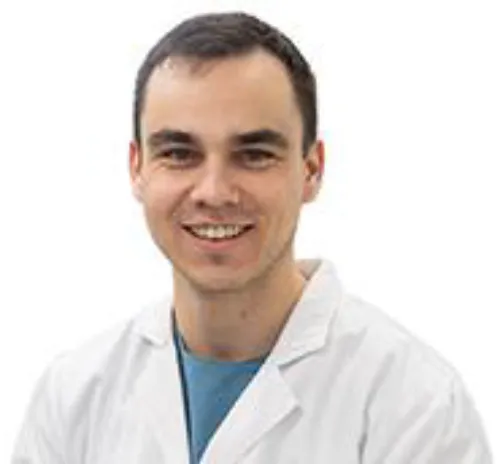
DR. MANUEL PINA
Resident Intern Pharmacist of Microbiology
Thinking about the hardest situations you may have experienced, what helped you move forward?
M.P.: Support among colleagues and the value of our work. That’s to say, being clear about the goal, why you are working, why you’re putting in so many extra hours.
M.I: Above all, the support of my family and friends; even being far away and with the movement restrictions at that time. Supporting yourself alongside the rest of your colleagues (from adjuncts, residents, nurses, and assistants to cleaning staff) who, along with me, were on the front line and all in the same boat. In fact, many of them have become very important people in my life right now.
M.S.: Knowing that we always tried to give it our all, even if in the end the result was not what we had wanted.
J.Z.: What helped me is being able to help people. That’s to say, instead of staying at home—even though it was an obligation for the rest of the citizens—it gave me strength to do something for others instead of sitting still.
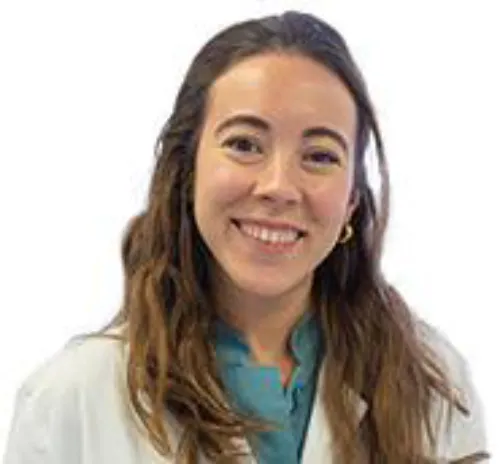
DRA. MARTA LUQUE
Medical Intern Resident
Is this what still helps you today?
M.P.: Definitely. We must never lose sight of the purpose of our specialty or the camaraderie.
M.I: Of course, although the current work overload is different, patients continue to be admitted in very serious conditions and decision-making is sometimes very difficult. Being able to share your emotions, fears, and worries with people close to you and your co-workers helps you cope.
M.S.: Yes, totally.
J.Z.: Yes, although the current situation is different, medicine continues to not only cure, but also go alongside death. Helping someone to be calm, without suffering, and not alone is still very important.
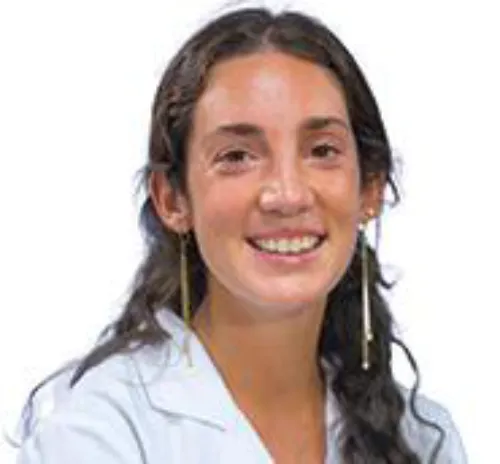
DRA. MATILDE SANGRO
MIR of Pulmonology
What lessons did you take away from your experience as a resident during the pandemic?
M.S.: The importance of teamwork. Without a doubt, an environment in which everyone does their part to make everyday life easier and more pleasant helps people want to do things better. Also, the importance of knowing how to adapt to the circumstances and changes that may arise, and that completely change your previous routines and customs.
M.I: Having seen the importance of teamwork, especially in critical and emerging situations. In addition, we learned to manage time and make decisions (sometimes very difficult ones) under pressure. I’m very grateful to have been able to help so many people in the fight against this disease, which at first, was so unknown and deadly. Although it was also a challenge, both professionally and emotionally, with many ups and downs and uncertainty—the possibility of getting sick yourself and not being able to continue helping and the fear of infecting friends and family.
M.P.: Above all, I was impressed with the collaboration between all the laboratory staff to meet the needs and demands of the pandemic. The work piled up, the shifts were longer... and yet, working all in the same direction, together, no matter which section you belonged to, helped us to move forward and get the job done.
J.Z.: Medicine also has its limitations. Sometimes doing everything medically possible is not enough. However, on a personal level, you can help without limitation.
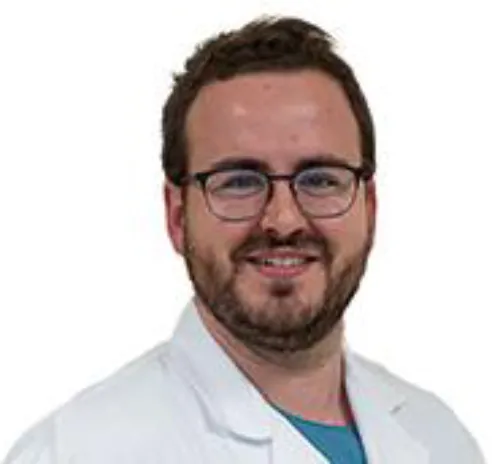
DR. JON ZUAZNABAR
MIR of Internal Medicine
If you had to define your medical residence in one word, considering it included the pandemic, what would it be?
M.P.: Teamwork..
M.I: Humanity and teamwork.
M.P.: Adaptability.
J.Z.: Intense.

